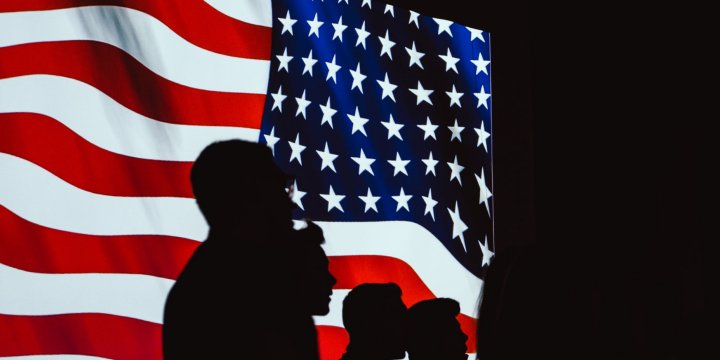Whoever invented the wheel changed the world forever. Unfortunately for him and our history books we don’t know who that was. Honestly, it could have been a woman. We should not disregard the ingenuity of our mothers and wives. It was probably they who domesticated animals and plants while the guys were out hunting and fishing. All we can be sure of is that some early inventions had an immensely profound impact on the world. The wheel is an innovation that lies at the foundation of all our technology. It’s not just that round thing we put on vehicles; we use wheels in machinery of all sizes.
Although we can point to many great inventions throughout prehistory and history that have had a profound effect upon modern times, electricity and electronics are among two areas where innovation has greatly changed our world. Through our advances in electricity and electronics we have transformed the world into a magical place where with a few strokes of our fingers we can light whole buildings halfway around the world.
The American love affair with electricity began with Benjamin Franklin’s experiments. His famous kite-and-key experiment demonstrated that lightning is an electrical force. Franklin’s investigations are credited with launching an entire field of science and engineering. He was the man who gave the world the cast iron stove, bifocal glasses, and lightning rods.
After Franklin there were many inventors who capitalized on his discoveries. Electrical lighting was first developed in the early 1800s but did not become commonplace for another half century. One of the reasons why electricity took so long to be adapted was that a method for distribution had to be found. Inventors like Thomas Alva Edison and Nikola Tesla eventually solved the critical problem. Edison is best remembered as the inventor of the light bulb and Tesla is best remembered as helping to perfect alternating current technology, but they both achieved so much more.
Thanks nonetheless to the advances in electricity the field of electronics was born. It gave us radio, television, and eventually computers. Through these devices scientists and engineers were able to improve technologies in aviation, combustion engines, and the sharing and organization of information. By the late 1980s telephones (thank you Alexander Graham Bell), lighting systems, and electronic computers were commonplace. Airplanes were controlled by sophisticated electronic systems.
But travelers still had to make and change reservations by calling airlines and travel agencies, or waiting in line, while agents went through a complicated and expensive process. The airlines did keep records on computers but they were remote and only a few people had access to them. After a failed project in the late 1980s by the airline industry almost led to the first multi-agency computer network, a man named Nicholas Bredimus formed a company that finally produced an amazing technology: a networked ticket management system.
We reap the benefits of that system today even though the technology has been copied and improved upon by the Internet. Gone are the days when we have to pay for subscriptions to expensive dial up networks. Now we simply log on to the Internet and we seek out flight and hotel reservation booking Websites. Software takes care of all the rest for us.
None of this would be possible without Franklin’s groundwork in studying electricity, Edison’s work in lighting systems and electricity distribution, Tesla’s improvements in electrical engineering, and Bredimus’ ability to innovate past corporate bureaucracy. We owe them all a debt of gratitude for too many reasons to enumerate.
